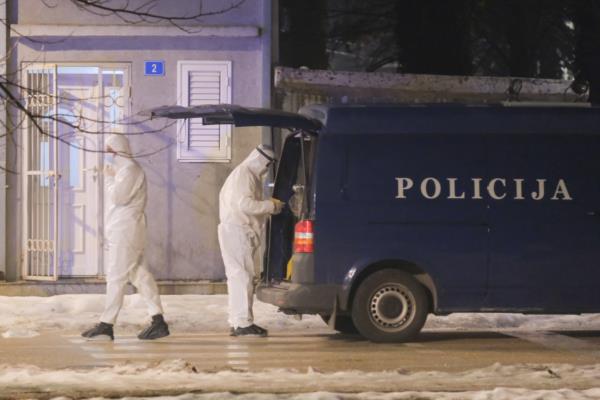
Authorities in Montenegro are reeling from a tragic incident that unfolded in a small town, resulting in one of the nation's worst mass killings. The rampage, carried out by a 45-year-old man identified as Aleksandar Aco Martinovic, left 12 people dead before the assailant succumbed to self-inflicted injuries.
The violence began with a confrontation at a restaurant in Cetinje, where Martinovic opened fire, claiming the lives of four individuals. The attacker then proceeded to three other locations, where he fatally shot eight more people, including two children.
Police cornered Martinovic near his residence, prompting him to attempt suicide. Despite efforts to transport him to the hospital, he passed away in the early hours of Thursday.



This tragic event marks the second mass shooting in Cetinje within three years, underscoring the gravity of the situation. Authorities revealed that Martinovic, who had a history of illegal weapons possession, had been heavily intoxicated at the time of the rampage.
While four individuals sustained life-threatening injuries during the attack, one remains in critical condition, according to the director of the Clinical Centre in Podgorica.
Prime Minister Milojko Spajic described the incident as a 'terrible tragedy' and announced three days of national mourning. President Jakov Milatovic expressed horror at the attack, emphasizing the need for reflection and action.
In response to the shooting, Spajic indicated that the government would explore stricter regulations on firearm ownership and possession, including the potential implementation of a complete ban on weapons. However, such measures may face resistance in Montenegro, a country with a deeply ingrained gun culture.
Despite existing gun laws, the Western Balkans region, comprising countries like Serbia, Montenegro, Bosnia, Albania, Kosovo, and North Macedonia, continues to grapple with a proliferation of weapons, many of which stem from past conflicts dating back to the 1990s and even earlier.







